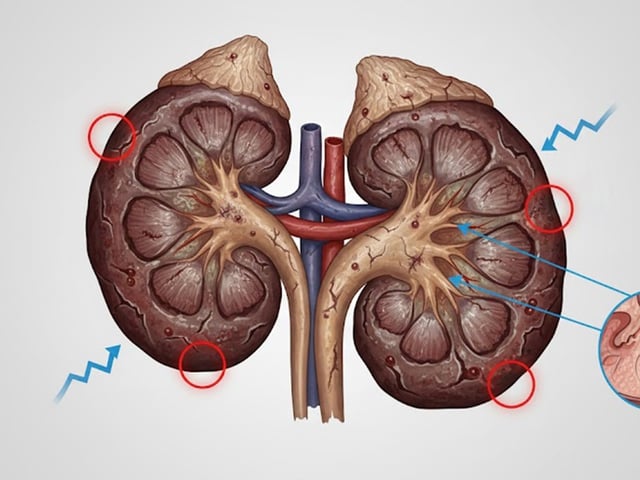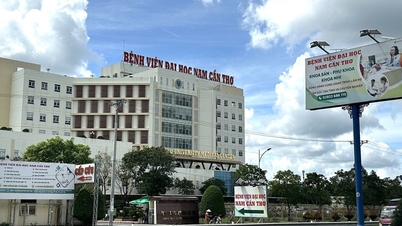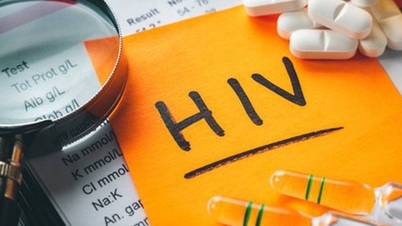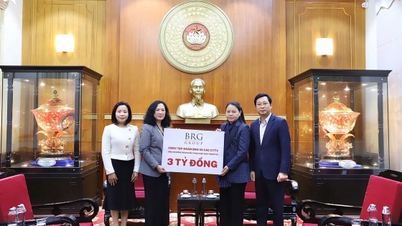A landmark study, published in the scientific journal Cell Metabolism , has revealed a "simple" way to reverse kidney damage, according to science news site Science Daily.
Acute kidney injury (AKI) is a short-term, severe loss of kidney function that can be life-threatening and increases the risk of developing chronic kidney disease.

If not properly cared for, the kidneys can be damaged.
Photo: AI
Previous research has shown that ceramide can damage organs such as the heart and liver. Now, scientists at the University of Utah Health (USA) have discovered that when acute kidney injury occurs, ceramide levels increase sharply in both mice and humans. Ceramide damages mitochondria - the energy source for kidney cells, thereby causing acute kidney injury.
So the researchers modified the genetic program that controls ceramide production. By altering ceramide metabolism, they were able to protect mitochondrial structure and completely prevent kidney damage in mice. The team then tried pre-treating the mice with the drug, which prevented kidney damage.
Ceramide levels rise dramatically when the kidneys are damaged, and the more severe the damage, the higher the ceramide levels, said lead author Dr. Rebekah Nicholson. This finding suggests that measuring ceramide levels in urine could be a useful early indicator of kidney damage.
Co-author, Professor Scott Summers, PhD, added: “We were able to reverse acute kidney injury by neutralizing ceramide. Incredibly, kidney function remained normal, and mitochondria were also unharmed.
The researchers concluded that if the results were extended to humans, the drug could be given first to people at high risk of acute kidney injury. Being able to restore mitochondrial health would have huge implications, according to Science Daily.
Source: https://thanhnien.vn/ton-thuong-than-lan-dau-tien-khoa-hoc-tim-ra-cach-dao-nguoc-benh-185251125230302102.htm











































































































Comment (0)